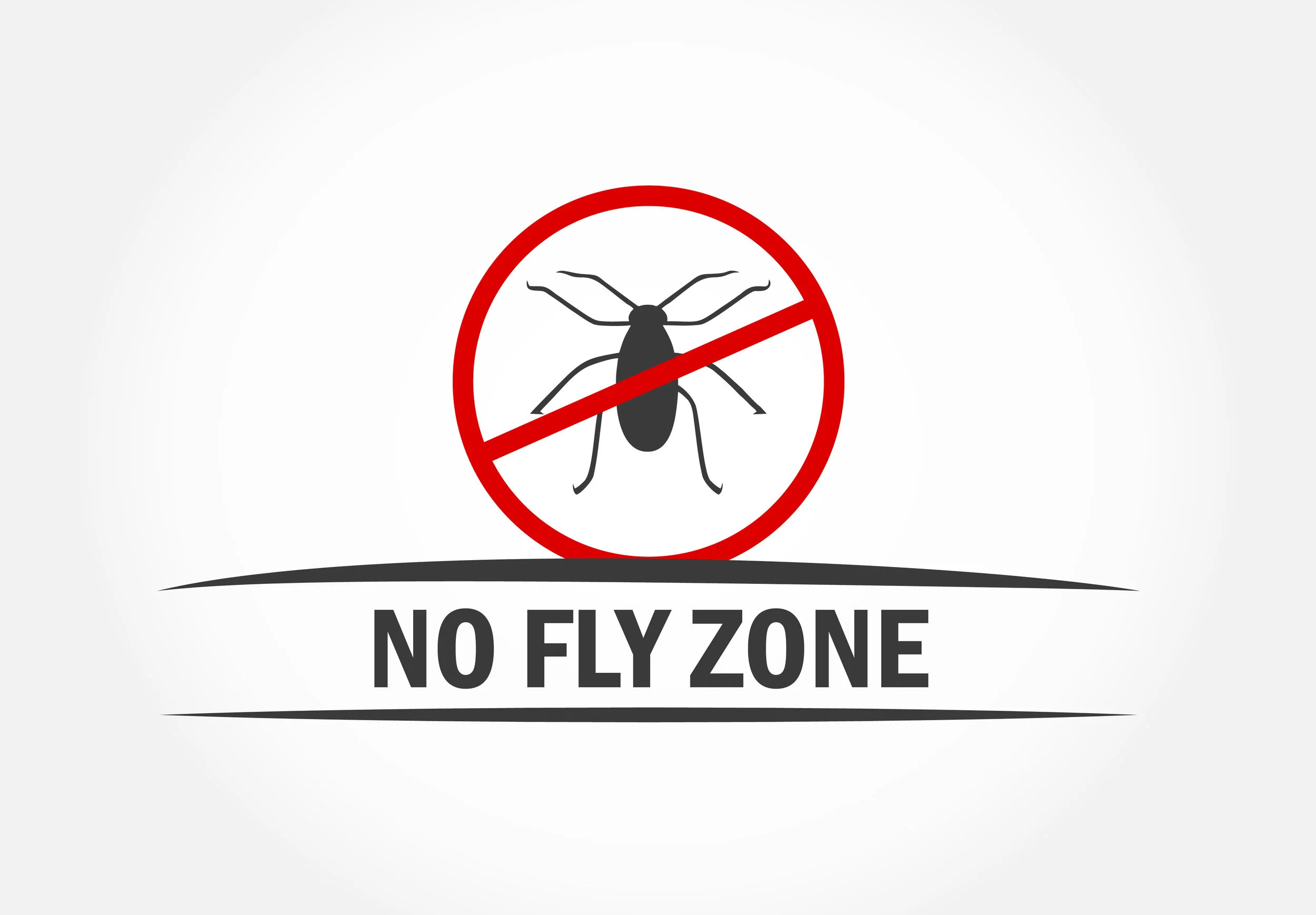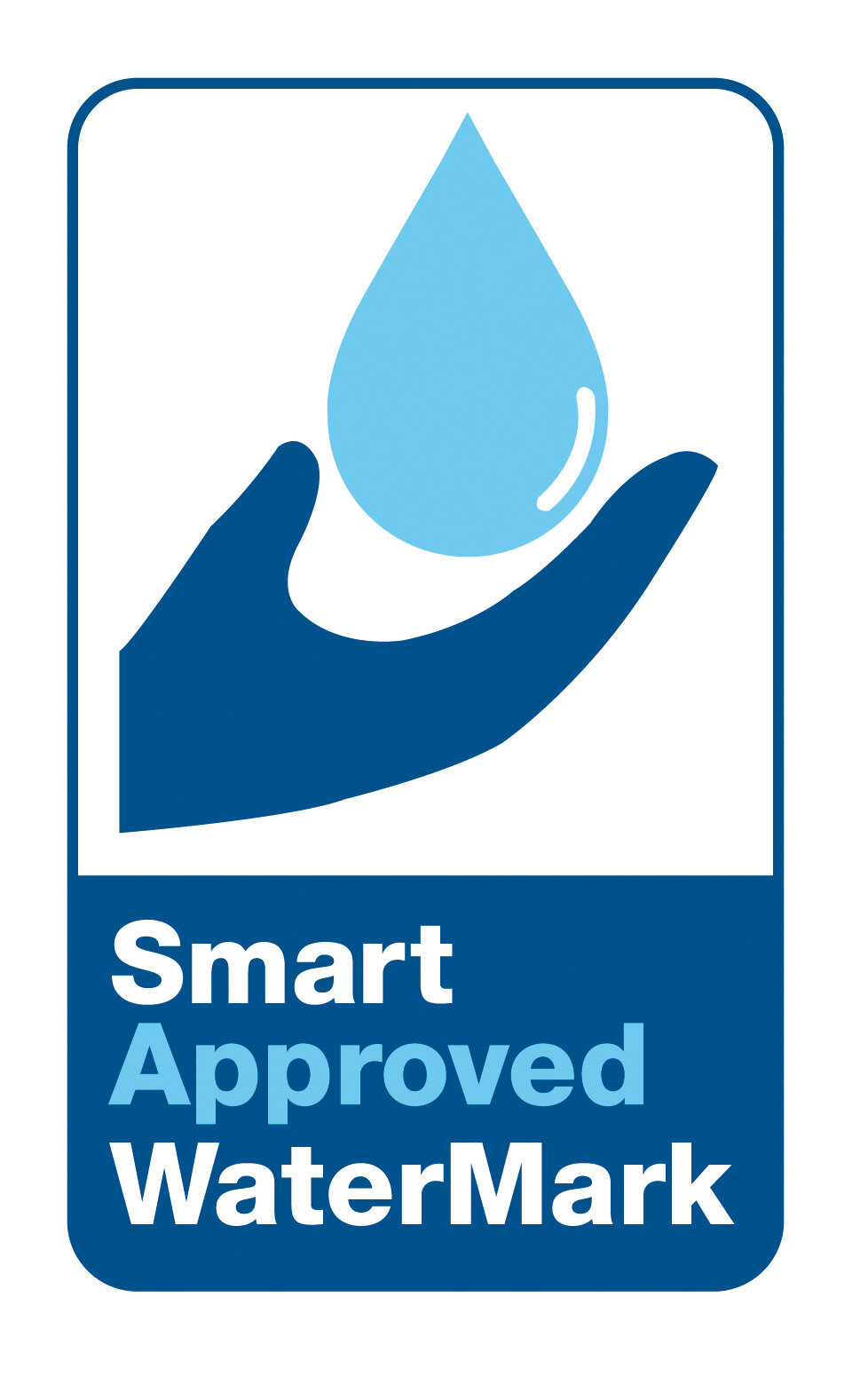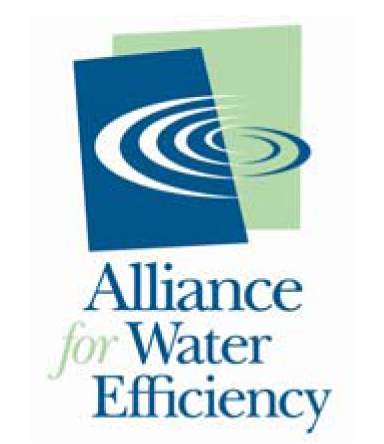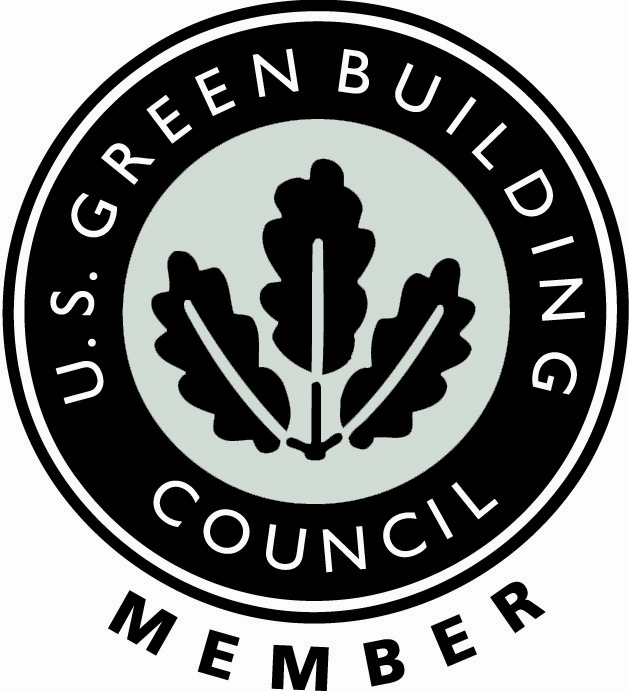Ever wonder where flies go in the winter? Well, they don’t pack up and move to Florida. What they do is adjust to the seasons and when it gets cold outside, they go inside places like your school, where it is nice and warm.
It’s true we do not see them as frequently. They tend to cluster during the winter months, probably to keep warm. When the warmer weather arrives, that’s when they become more independent and we find them flying inside and outside.
Even though they are not as noticeable in the winter months, they can become a nuisance and a serious nuisance at that. According to Greg Baumann, Vice President of Training and Technical Services for Orkin Pest Control, “flies can transmit pathogenic microorganisms that cause E. coli, salmonella and shingles. To make matters worse, a 2010 study by the University of Florida's Institute of Food and Agricultural Sciences documented five more bacteria species carried by common house flies that were not previously linked to the pest. These diseases can cause food poisoning or respiratory infections in humans.”
So how do we keep them from living in your school and especially out from areas such as cafeterias and kitchens. Give these suggestions a try:
You can blow them out.
If you have ever walked into a store and felt a blast of air blowing down directly to the floor, it usually is doing two things. It is helping to keep outside air – hot or cold - from coming inside and it is helping to keep flying insects out. Essentially, it sets up a boundary line that flies cannot cross.
Install another set of doors.
In some parts of the U.S. where flying insects of all kinds are a problem, having two sets of doors at all entries seems to keep most insects from “crossing the line,” so to speak, and entering the building.
Keep food odors down.
As you can imagine, food odors attract flies. To keep odors to a minimum in cafeteria and kitchen areas, line all garbage cans with trash liners and regularly clean the garbage can with a cleaner and disinfectant. Simply “hosing down” the garbage can will not remove the odors that attract flies. Make sure all trash cans in the kitchen and in the cafeteria are covered and clean cafeteria tables frequently.
Clean up spills.
All types of spills, even if it is just tap water, must be cleaned up quickly. If you have ever noticed, flies often try to reach our mouths or eyes. They know that’s where the moisture is. But if that is not possible, then they look for moisture on just about any type of surface.
Pay attention to floor drains.
This is an area that is often overlooked. Two things can happen to floor drains, causing them to release odors and attract flies. The first is they begin to clog up, typically due to food or contaminants collecting in the drain. If water begins to build up, it becomes a perfect place for flies to lay their eggs. Either way, flies love clogged drains. So be sure and unclog drains as soon as you see a problem materializing.
But the other reason is not so apparent. When schools are closed for a few days or longer, floor drains can dry out. When this happens, sewer odors are released and this also attracts flies…a lot. In fact, flies like floor drains so much there is actually an entire specifies of flies called “floor drain” flies. (They may also be called moth flies, sewer flies, or filter flies). These flies typically breed around floor drains, which make this a growing problem.
The best way to prevent sewer odors and keep drain flies out of your school is to use a product such as . Surprisingly inexpensive yet very effective, EverPrime can keep drains from drying out for many months. Cold or hot temperatures have no impact on EverPrime so it is a year-round defense against this problem.
It’s tough to keep flies completely out of schools, but these steps and using EverPrime, can help you stay on top of the struggle and help turn your school into a No Fly Zone.










